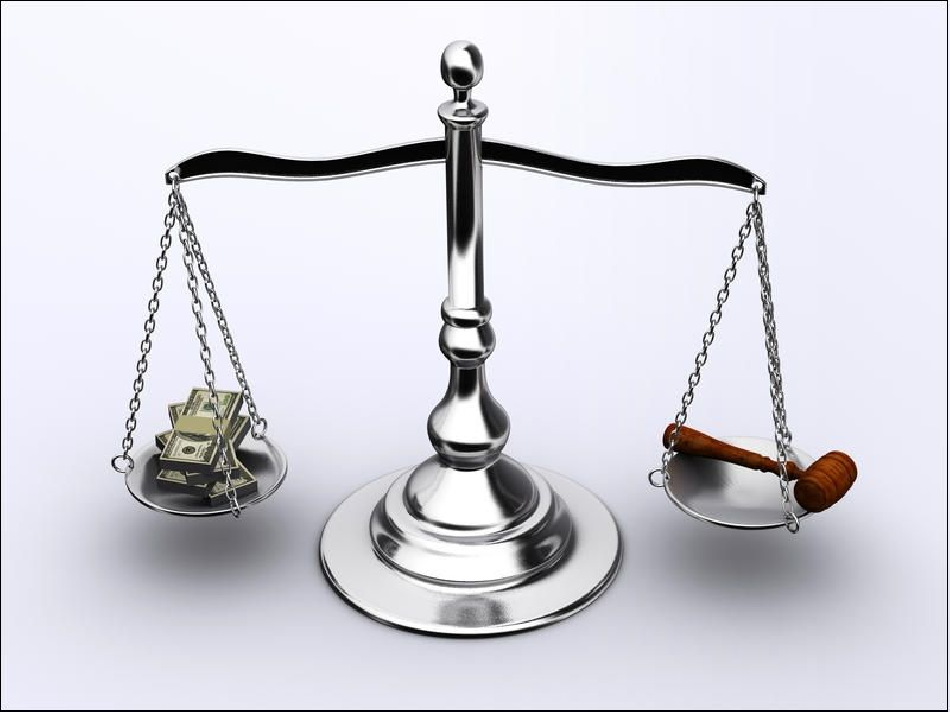The Romanian Judiciary
The activity of Romanias main institutions in charge of monitoring and combating corruption has reported an impressive impetus and has resulted in an increased public confidence in the justice system.

Corina Cristea, 06.02.2015, 13:46
The activity of Romania’s main institutions in charge of monitoring and combating corruption has reported an impressive impetus and has resulted in an increased public confidence in the justice system. This is the main conclusion of the European Commission report assessing progress reported by Romania over the year 2014 under the Cooperation and Verification Mechanism. Set up in 2007 with Romania’s EU accession, the mechanism analyses progress in key fields deemed necessary to bridge the existing gaps in terms of reform of the judiciary and combating corruption.
This year was the first when the Commission made public the report in the press, without organizing a press conference, and the second year in a row when the report is mainly positive. Romania has reported continuous progress in numerous fields, which reflects sustainable reforms. However, the Commission still believes that any progress in terms of reforms must be consolidated and grounded on stronger foundations.
Radio Romania’s Brussels correspondent Cerasela Radulescu gave us more details about the document’s conclusions: “The European Commission hails the positive cooperation with Romanian authorities over the course of last year. The report highlights the implementation of the new codes of civil and criminal procedure and underscores the pragmatic actions of the Government and the Justice Ministry in particular. Additionally the document points to the consensus for reform and confidence that progress must be upheld at the current level. The first vice-president of the Commission claims that combating corruption remains the greatest challenge and a top priority for Romania, praising the progress registered last year”.
Another praiseworthy point in the report is the activity of such institutions as the National Integrity Agency (ANI), the National Anti-Corruption Directorate (DNA) and the High Court of Cassation and Justice, which handled top-level corruption cases involving high-profile figures from the public administration and political parties who eventually ended up behind bars.
At the opposite pole, Parliament got the most criticism, particularly for voting against lifting the immunity of certain MPs. Just like the previous reports, this one disapproves of the soaring number of emergency ordinances issued by the Government, as well as of its failure to comply with emergency criteria.
In addition, the Ombudsman is rebuked for its lack of action and the fact that he did not challenge some of the Government’s ordinances. Beyond this criticism, however, Bucharest reported continuous progress in several areas.
As a matter of fact, this year’s report is the most positive since Romania has been monitored. Things are heading in the right direction, and this is also reflected in a Flash Eurobarometer conducted in November 2014, according to which a growing number of Romanians have reported an improvement in recent years.
Sharing in that opinion is also the head of the National Anti-Corruption Directorate, Laura Codruta Kovesi: “The report once again confirms the quality of the activity of the Directorate and underscores the diversity of corruption investigations conducted in 2014. Also mentioned in the report is the rising public confidence our institution enjoys at present, transparent in the high number of notifications and complaints we receive every day”.
With respect to the independence of the judiciary, the European Commission recommends Romania a number of measures, such as appointing a new chief prosecutor at the helm of the Directorate for the Investigation of Organized Crimes and Terrorism grounded on transparent and merit-based criteria. Bucharest needs good results in the justice field in order for the Commission to lift the mechanism for cooperation and verification, commonly seen as the main obstacle to our country’s Schengen Accession.
Romania belongs to the free-travel area, president Klaus Iohnnis recently said. “The full European integration of Romania is key to my term in office, and that means Schengen accession and joining the Eurozone. Romania’s place is in Schengen, as a member with full and equal rights. We have complied with all accession criteria, and all obstacles right now are of a purely political character”, president Iohannis went on to say. The president believes that the greatest shortcomings of EU Member States are not linked to the budget, but to the lack of trust between partners, which leads to discrimination. “I believe we can move past that point. It is our partners’ duty to be fair in their assessments and in implementing regulations. We trust these regulations, we know they are being observed and that they don’t reflect fleeting interests” the Romanian President also added.
The European Commission is due to publish its next report under the Cooperation and Verification Mechanism in about a year’s time.






























